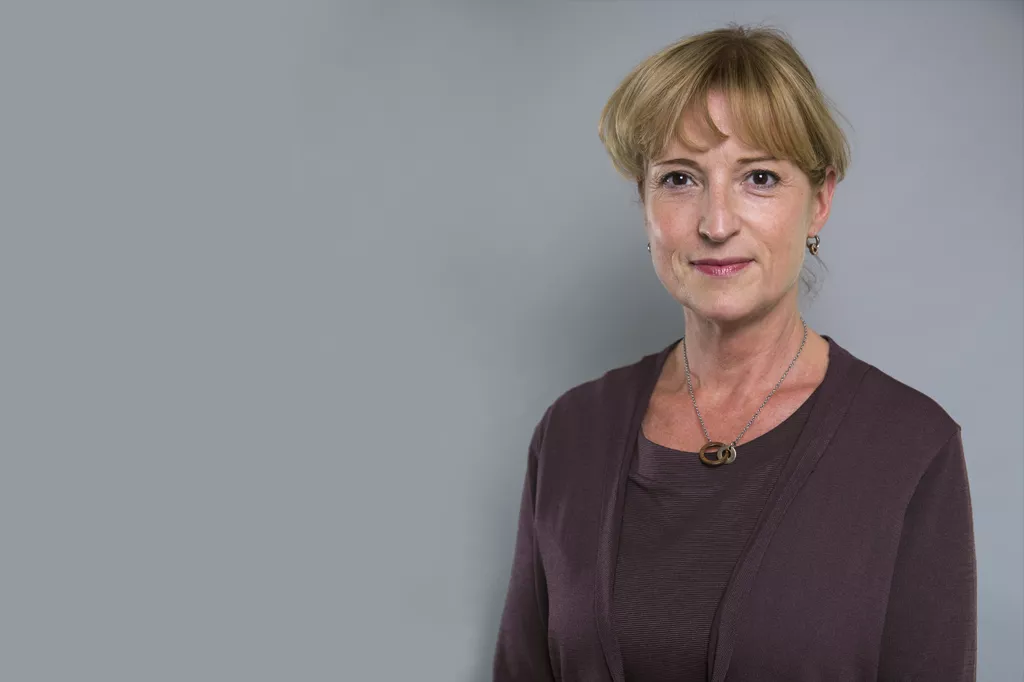"The contacts between civil society in Sweden and Eastern Europe are crucial for building sustainable societies”

In what ways can Sweden support civil society in Eastern Europe and the South Caucasus?
– Sweden can support civil society in Eastern Europe partly through our ongoing support, which has been going on for many years, and partly by ensuring that civil society is included in the discussions about a new EU policy for the countries of Eastern Europe in light of the dramatic developments in the region. In Sweden, we have strong civil society actors with extensive experience working in these countries. The contacts between Swedish civil society and civil society in Eastern Europe are crucial for the support that is now directed towards the countries in the region both from Sweden and the EU to be sustainable, make societies resilient and promote reforms.
The EU's Eastern Partnership covers six different countries with different governments and priority areas. What opportunities and challenges do you see for cooperation between the six countries?
– There is currently a discussion within the EU about how the Union's policy for the countries within the Eastern Partnership can be better adapted to the new situation in the region. Of course, there are issues that are of common interest to all countries, but it is also important not to always "bundle" them together.
What is required now is a more differentiated and flexible stance towards the countries with a focus on their individual needs.
At present, there is consensus among the EU member states, the EU institutions and also the partner countries that the Eastern Partnership should be preserved as a platform for cooperation between the EU and the neighboring countries to the east. But the partnership needs to be adapted to the new security policy situation and that is work that is currently underway. The major challenges for the partner countries and for the Eastern Partnership as such are largely linked to Russia's illegal aggression against Ukraine and Russia's actions in the region, but the challenges are more than that. The EU and Sweden have a responsibility to support the countries that want to get closer to the EU.
Much has changed in the region in recent years – conflicts, wars, protests and increased repression. In what way can Sweden contribute to, for example, strengthening civil society in Ukraine and Belarus during the EU presidency and beyond?
– Naturally, the main focus right now is on the extremely difficult situation in Ukraine as a result of Russia's war of aggression, and so it must be. But at the same time, we must not forget that the repression continues in Belarus. Civil society in Ukraine and Belarus is now going through an extremely difficult period, but for different reasons. We must constantly remember that these actors need our support. Many of them, especially the Belarusian actors, are outside the country's borders. We need to find these actors, identify their needs and strengths and support them so that they can maintain their competence. As far as Ukrainian civil society is concerned, it is now very important that relevant actors are included in the design and implementation of the extensive support programs to be directed towards Ukraine. The Swedish EU presidency often talks about the importance of this in various contexts.
Civil society in Ukraine and Belarus is now going through an extremely difficult period, but for different reasons. We must constantly remember that these actors need our support.
Get information about what is going on in the Eastern Partnership during Sweden's EU Presidency - directly in your email.
Andra nyheter

The power of people powered Public-Private Partnerships
Public–Private Partnerships (PPPs) are often discussed in terms of roads, power plants, housing, and other large infrastructure projects. But as discussed on the People’s Partnership Podcast, PPPs are...

ForumCiv’s social media accounts labelled as “extremist materials” in Belarus
Important message to our Belarusian followers. Any interaction with our content can now lead to legal consequences in Belarus. Please read the information below and take the necessary precautions for...

ForumCiv enters new strategic partnership
ForumCiv is proud to announce a new three-year strategic partnership with Sida, totalling SEK 137 million.